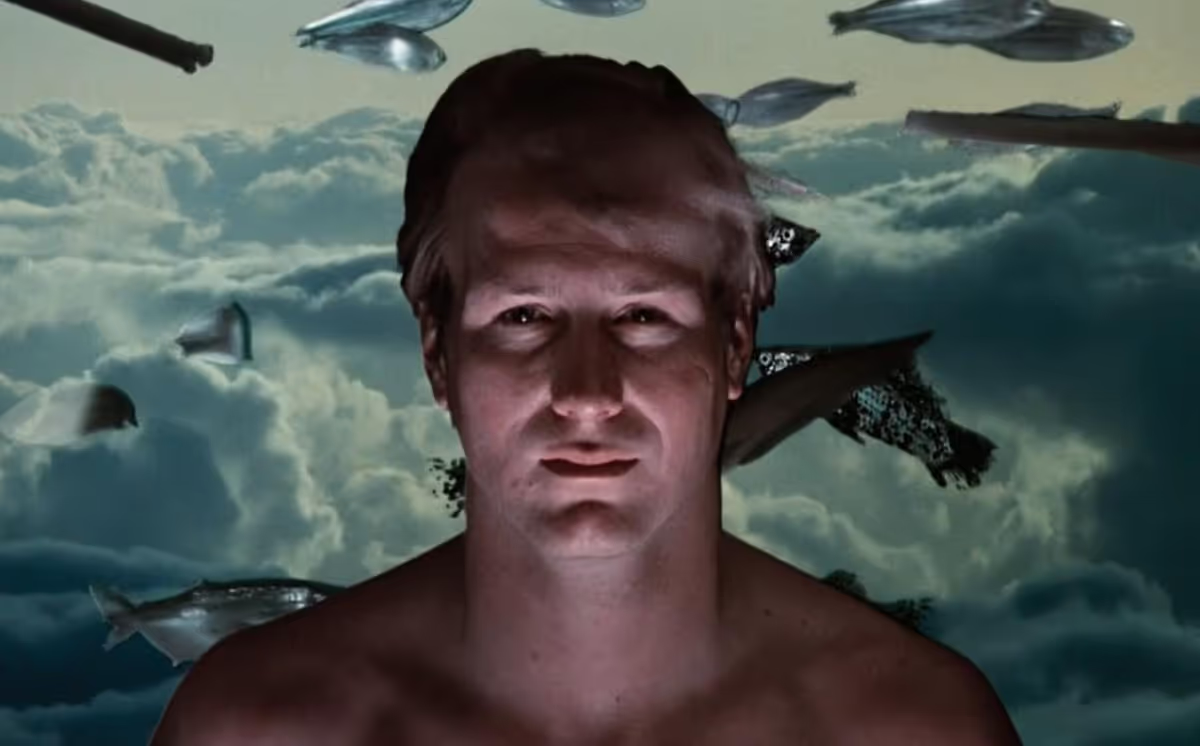‘Altered States’ and the Horrors of Ken Russell
The eccentric British filmmaker ventured to Hollywood to work with Paddy Chayefsky for a bizarre film about self-discovery.

In a piece eulogizing the writer Paddy Chayefsky after his 1981 death at the age of 58, Boston Globe critic Bruce McCabe described Altered States as “a clash of two shades of purple.” Released the previous year, the film capped Chayefsky’s long career in film, theater, and television. Yet even though he’d accumulated a rare amount of power for a screenwriter, enough to prevent the film’s director from changing a single line of dialogue, Chayefsky used a pseudonym instead of taking credit for the screenplay. The film’s opening credits reveal that it’s based on Chayefsky’s 1978 novel of the same name but lists “Sidney Aaron,” Chayefsky’s legal first and middle name, as the screenwriter. For Chayefsky, the clash proved too profound for him to claim the film as his own work, even if his words remained unchanged.
McCabe didn’t use the term “purple” as an insult, just as an apt adjective for the verbose, increasingly slashing style Chayefsky brought to projects from Marty to Network. The screenplay may not have a line as quotable as Network’s “mad as hell moment” but a sentence like “Ever since we dispensed with God, we've got nothing but ourselves to explain this meaningless horror of life,” is pure Chayefsky. The other shade of purple belonged to the film’s director, Ken Russell, who’d made a career pushing the boundaries of propriety with a string of visually startling British films that included an adaptation of D.H. Lawrence’s Women in Love, a screen version of The Who’s rock opera Tommy, and biographical dramas that tended to prefer the lyrical truth of the lives they depicted over mundane facts. He was also not the sort of director who minded working with clashing shades of purple or any other color. Asked about walkouts in a 1980 interview included on the Criterion Collection’s new, restored edition of Altered States, Russell says, "I’d only hate it if they left through boredom.”

Altered States offers little opportunity for that. Filled with hallucinations and transformations, it’s a psychedelic riff on Jekyll and Hyde, written with high seriousness and directed with a mix of B-movie dread, puckish abandon, and avant-garde recklessness. Those seemingly conflicting modes should not work together, yet Altered States has much more to recommend it than simply not being boring—even if it's at least partly about the virtues of becoming boring.
This post is for paying members only
Sign up now to read the post and get access to the full library of posts for subscribers only.
✦ Sign up